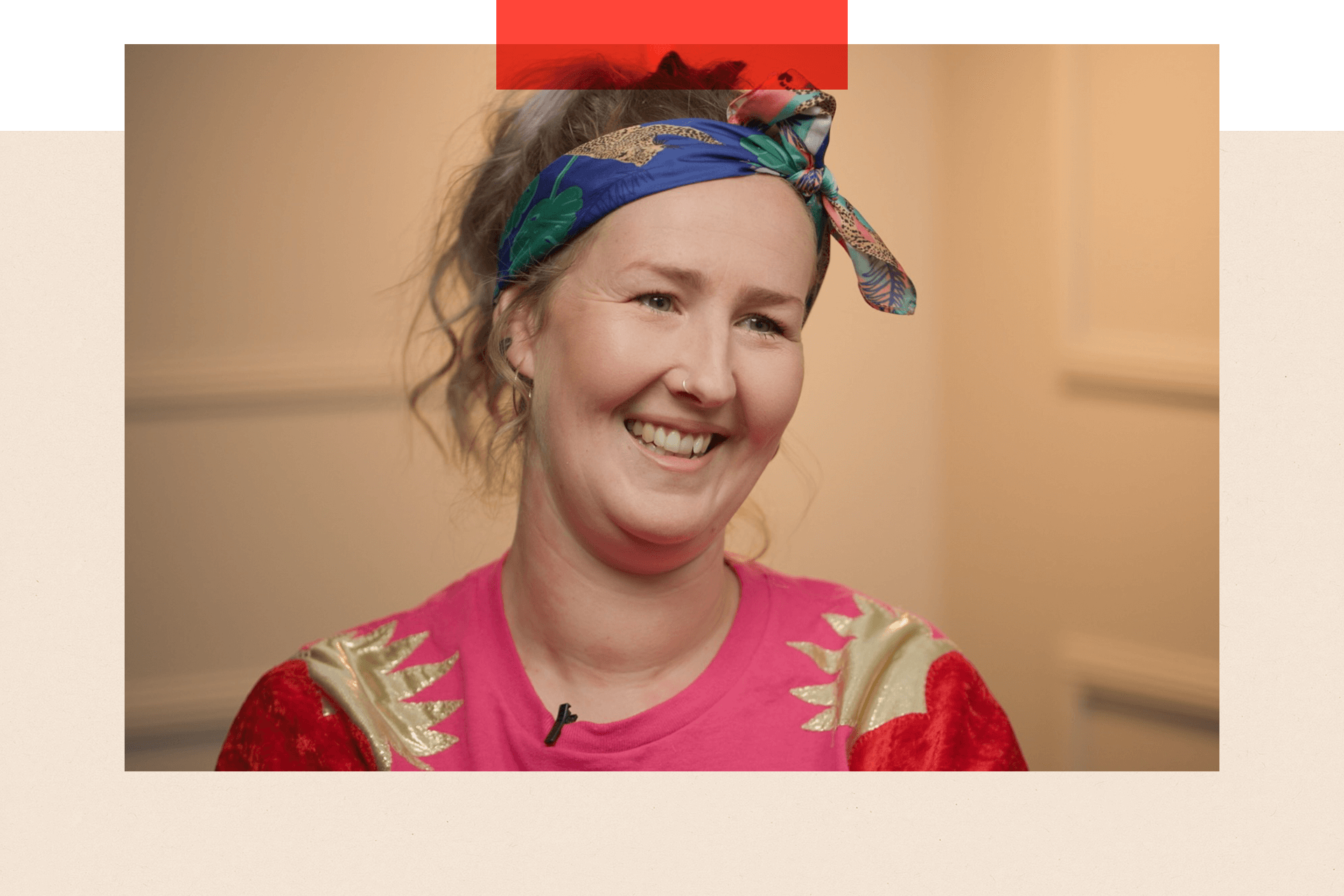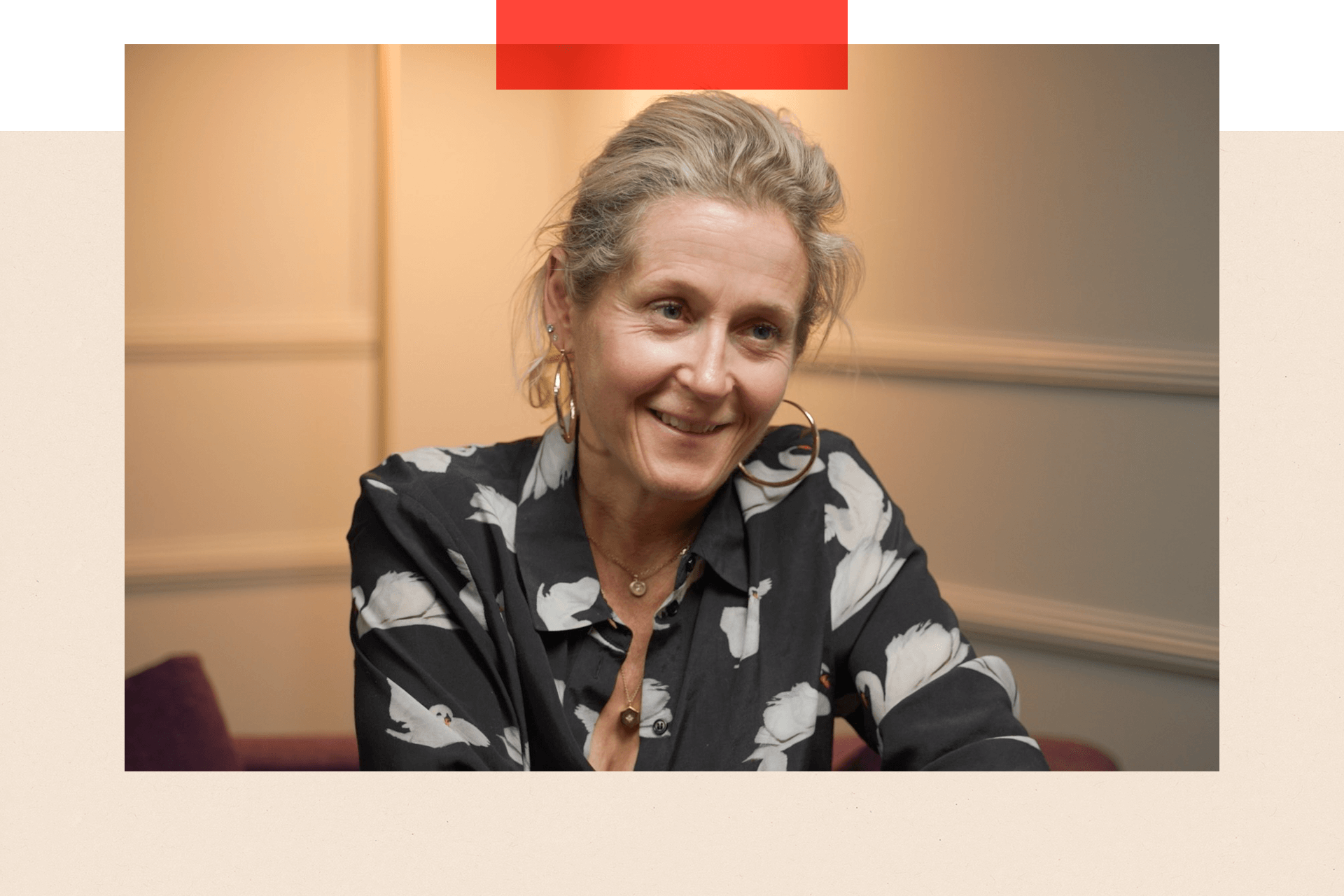
You want to step out of the world of wage slavery, and set up a business of your own? Preferably a business that will be more than a mere lifestyle for you - one that you can sell and from which you can retire on the proceeds?
Well, in thinking about your chances of success, it helps to look at those who have trodden that path and ended up with a flourishing enterprise to their name.
In the interview series The Decisions That Made Me a Leader, we spoke to half a dozen successful entrepreneurs - too small a sample from which to draw statistically useful generalisations, but large enough to spot some interesting patterns.
I was struck by three intriguing attributes that may not guarantee business success, but which do seem to help.
First, I noticed the degree of rebelliousness exuded by several of them. They never quite fitted in - perhaps not into school, or university, or into the first jobs they tried.
Decisions That Made Me a Leader
Listen now on BBC Sounds
- Attribution
Watch now on BBC iPlayer
- Attribution
Duncan Bannatyne, famous as one of the original big stars of the Dragons Den TV series, certainly never fitted into the navy, from which he was court-martialed and dishonourably discharged after getting into a fight with an officer. “I just thought it was right thing to do - he was poking me and shouting at me,” recalls Mr Bannatyne.
His attitude, he tells me, is that “authority should not be accepted”.
Simon Beckerman, founder of online marketplace Depop, draws a similar conclusion about himself. “I'm quite a disobedient person in my own right," he says. "I think I am unemployable."
And it’s true that when you don’t find it easy to work for anyone else, going it alone is the obvious alternative career route.
Before she created the tea mixology brand Bird & Blend Tea Co, Krisi Smith had stumbled through many jobs - including cleaning out cat pens in a cattery (even though she is allergic to cats) and working as a "shot girl" selling spirits to club-goers.

Krisi Smith says she set up her own business after calling out employers for their behaviour
"I was always asking questions and wanting to know why we were doing something and making suggestions,” she recalls. “And I think that that tended to put people's back up." After seeing her employers treat staff and customers badly, she decided she wanted to run her own business ethically.
The second attribute that I noticed was a kind of impatience hard-wired into their personalities. It seems there is always an itch. They never stand still.
But if you thought their success in business came out of some kind of life-plan upon about which they had reflected and consciously embarked, you would be missing the point.
These entrepreneurs grabbed at opportunities, and indeed grabbed opportunities to make opportunities for themselves.

While still a teenager, Timo Armoo was making his first steps in business
Timo Armoo, who set up the social media marketing company FanBytes, says he started his first venture at school, charging other pupils to help them with their maths assignments. Then, at the age of 17, he managed to secure interviews with Sir Richard Branson, Lord Sugar and James Caan after emailing the organisers of a business summit and offering to set out chairs in exchange for a press pass.
“I sent it and within 20 minutes I get back an email saying, ‘You're crazy and yes, let's do it'," recalls Mr Armoo.
The impatience that one can observe even extends to the entrepreneurs leaving the very businesses they created. Self-aware founders understand the skills they have and do not have, and know that when a business matures, it often needs a management that can do the painstaking work of delivering sustainable growth, rather than one with the flair of creation and discovery.
At that point, impatience is exactly the wrong attribute. And anyway, the entrepreneurs we spoke to, being impatient, are ready to move on once the business is solid, so their minds wander to selling.

After leaving Lastminute.com, Martha Lane Fox became the House of Lords' youngest female member and has advised successive governments
Take Martha Lane Fox, co-founder of Lastminute.com at the height of the dot-com boom during the late 1990s. She was the poster child of a new youthful entrepreneurial culture that sprung up at that time, as kids showed the grown-ups exactly what the internet was capable of.
But at the age of 31, she made the decision to step down as managing director of the company. “It was like being in a pop band where you had this one mega hit, and I didn't want that to be the only thing that defined my life," she says.
So to a third and final entrepreneurial attribute, which follows from the others: it’s a willingness to actually do things, rather than merely think about them. Or overthink them.
I feel this is what marks out those people - in business or perhaps even in charities or public service - that are of a genuine entrepreneurial spirit. They are the people who seem to get things done.
Some of it comes down to a kind of optimism. They believe that their own actions have a good chance of achieving something, so they are less likely than most of us to descend into a fatalistic stupor. It gets them out of bed in the morning.
Richard Walker comes from a family with a track record in business - his father was the founder of the supermarket chain Iceland, where Richard is now executive chairman. But as a young qualified chartered surveyor, Richard says, "I also had this entrepreneurial itch to do my own thing".
He was advised by the legendary property developer Tony Gallagher to move to Poland. “So I did, because they just joined the EU. They were the size of Germany, 40 million people, very well-educated. There were no Brits living out there full-time running a private property company. So I decided I would."
More from InDepth
Global tourism is booming. These people would rather it wasn’t
- Published31 May 2024
Italy’s PM says fascism is ‘consigned to history’. Not everyone is so sure
- Published30 May 2024
Jeremy Bowen: Ukraine faces its worst crisis since the war began
- Published28 May 2024
I’ve met a lot of entrepreneurs, and I sometimes wonder if they are deluded in their optimism. Many massively overrate their chances of success, and they often can’t even imagine the many things that may go wrong with the next idea they are toying with. They have too vivid a picture of what can go right.
But as delusions go, optimism is a blessing if you refuse to be daunted by the disappointments.
Of course, the far biggest attribute anyone in business needs is good luck. Things eventually worked out for all our guests and luck surely played a part in that.
We have not heard from the unknown names who tried to build a business, but whose efforts foundered. They may have had great judgement, business nous, all the right characteristics - but just hit the wrong product at the wrong time. That doesn’t have to have been their own fault. Things sometimes turn out bad. In business, they mostly turn out bad.
Entrepreneurs are not some kind of special breed. We all have our eccentricities, our impatience and we all get things done. And we don’t want to be fatalistic in thinking that you are either born with entrepreneurship or you’re not. The skills of business can be learned and developed to some extent.
But if you are asking yourself, whether you are cut out to venture into a life like those of the stars of our series, it is certainly worth examining the characters they have - the flaws that turn out to be strengths and the work they have put in.
BBC InDepth is the new home on the website and app for the best analysis and expertise from our top journalists. Under a distinctive new brand, we’ll bring you fresh perspectives that challenge assumptions, and deep reporting on the biggest issues to help you make sense of a complex world. And we’ll be showcasing thought-provoking content from across BBC Sounds and iPlayer too. We’re starting small but thinking big, and we want to know what you think - you can send us your feedback by clicking on the button below.
Get in touch
InDepth is the home for the best analysis from across BBC News. Tell us what you think.

